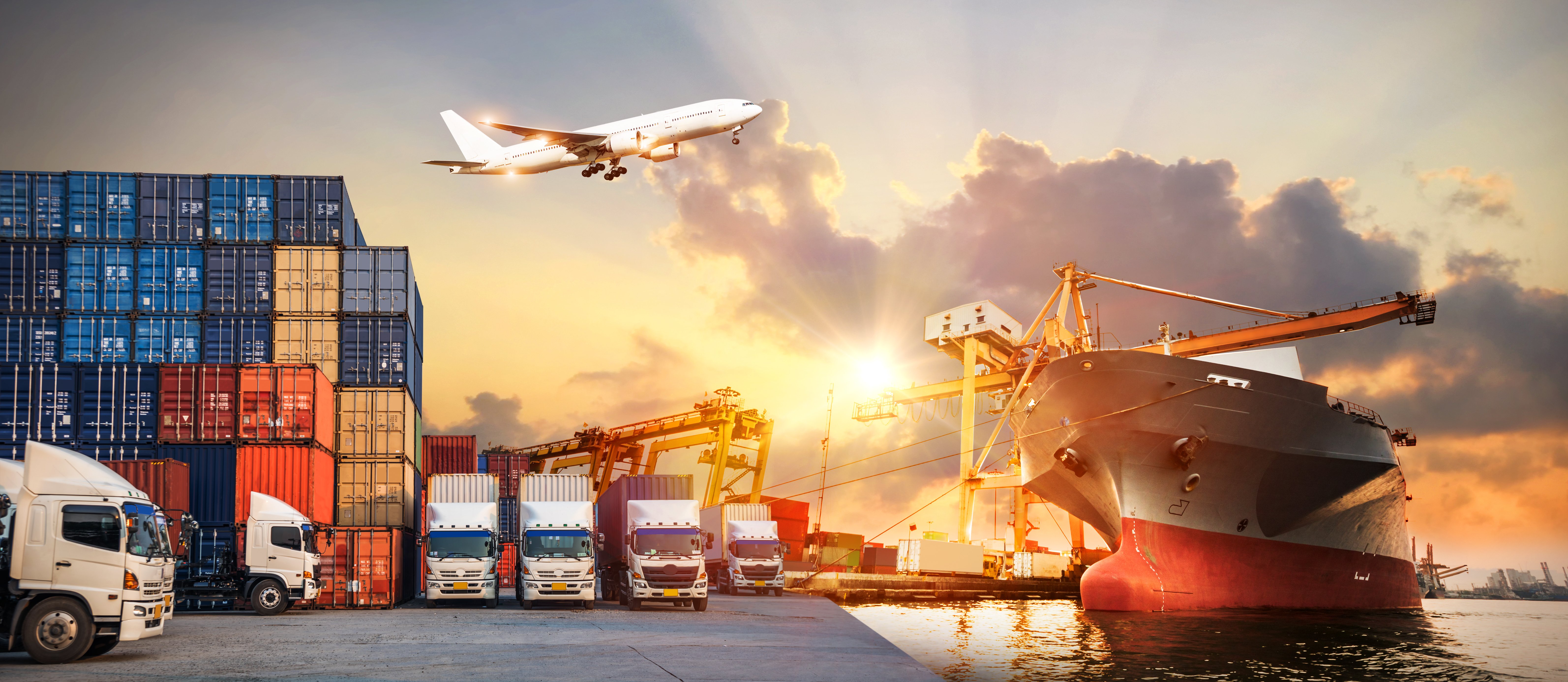Cargo Expedition: Pioneering International Connectivity and Trade
Cargo Expedition: Pioneering International Connectivity and Trade
Blog Article
Cargo expedition plays a crucial role in facilitating global trade in ensuring that products and materials are efficiently transported across countries and regions. As economies become increasingly interconnected and interdependent, the demand for the ability to transport cargo efficiently and effectively has been growing rapidly. From raw materials all the way to finished products, businesses depend on cargo operations to deliver goods on time and in good shape. Whether via sea, air or on land, a cargo expedition connects suppliers, producers and customers around the globe. The interconnected network of logistics is the backbone of international trade and commerce. It drives industries as well as fostering economic growth by enabling products to be moved seamlessly from one location to another.
One of the main components of a successful cargo expedition is the diverse range of options for transportation to accommodate specific shipping demands. Air cargo, which is known for its rapidity and security is frequently used to transport high-value or time-sensitive goods such as electronics, pharmaceuticals and clothing items. Ocean shipping, on other hand, dominates the movement of bulk goods, and offers cost-effective solutions for things like grain, oil as well as machinery. Transport on land, which includes railroads and trucks, is essential for last mile delivery as well as regional connectivity. In integrating these modes into multimodal transportation infrastructures the cargo journeys can be more efficient and speed up transit time, to ensure that the goods get there in time.
The logistics associated with cargo trips require meticulous plan and coordination in order to assure the smooth movement of products. Shipping companies need to take into account aspects like climate conditions, customs regulations, and security protocols when arranging the transport of goods. They must also optimise delivery routes and schedules to cut costs as well as reduce the time to deliver. A lot of cargo transport involves multimodal modes in which goods are moved among different types of transportation. In the case of cargo, it could be delivered by sea through a port of major importance, after which it is transported via trucks to distribution centers. The ability to seamlessly transition between different modes of transport is crucial for maintaining effectiveness and minimising disruptions to logistics.
In the modern world, technology plays a pivotal part in enhancing the efficiency and accuracy of Cargo Expedition. Real-time tracking devices, that are powered with GPS and RFID technology, enable companies and consumers to track delivery progress throughout the entire trip. This increases transparency, decreases the possibility of lost or delayed deliveries, and ensures the timely shipping of the goods. Additionally, automation is transforming the logistics industry by streamlining the processes of managing warehouses, fulfillment of orders and shipping routing. The latest software tools use information analytics to optimise shipping routes, reducing transport costs as well as the time. By integrating these technological advancements, cargo expedition companies can increase their service offerings and be able to meet the ever-growing demands of international trade. To get more details please check out https://muat.com/
Humanity is the primary element of cargo trips Logistics professionals are devoted to ensuring seamless operation. They are the ones who manage complex supply chains, navigating global trade laws, and oversee customs clearance, ensuring goods move efficiently from one point to B. The ability of these experts to work together across languages, nations and time zones is crucial in the face of challenges like the aforementioned geopolitical tensions and natural disasters and infrastructure problems. Training and skill development are paramount in this field since professionals have to adapt to the evolving landscape of international trade, as well as advances in technological advancements. Their experience and expertise ensure that the wheels that drive global commerce moving efficiently.
The growing demand for cargo transportation services is directly linked to the rapid growth of e-commerce which has fundamentally changed the manner in which items are purchased and sold. E-commerce has brought about an international marketplace in which goods are sold to customers from all continents, and demand faster and more reliable delivery services. Companies that sell on the internet, including giants like Amazon and Alibaba, have revolutionized the logistics sector by integrating sophisticated technology into their supply chains. This has allowed them to offer near-instant delivery times. The standard has been raised for other companies, requiring the companies to invest in streamlined cargo expedition solutions to remain efficient. With the growth of e-commerce and expand, the requirement for efficient and effective cargo services will be more critical more than ever before, creating new logistics infrastructures across the world and driving the development of new solutions within the industry.